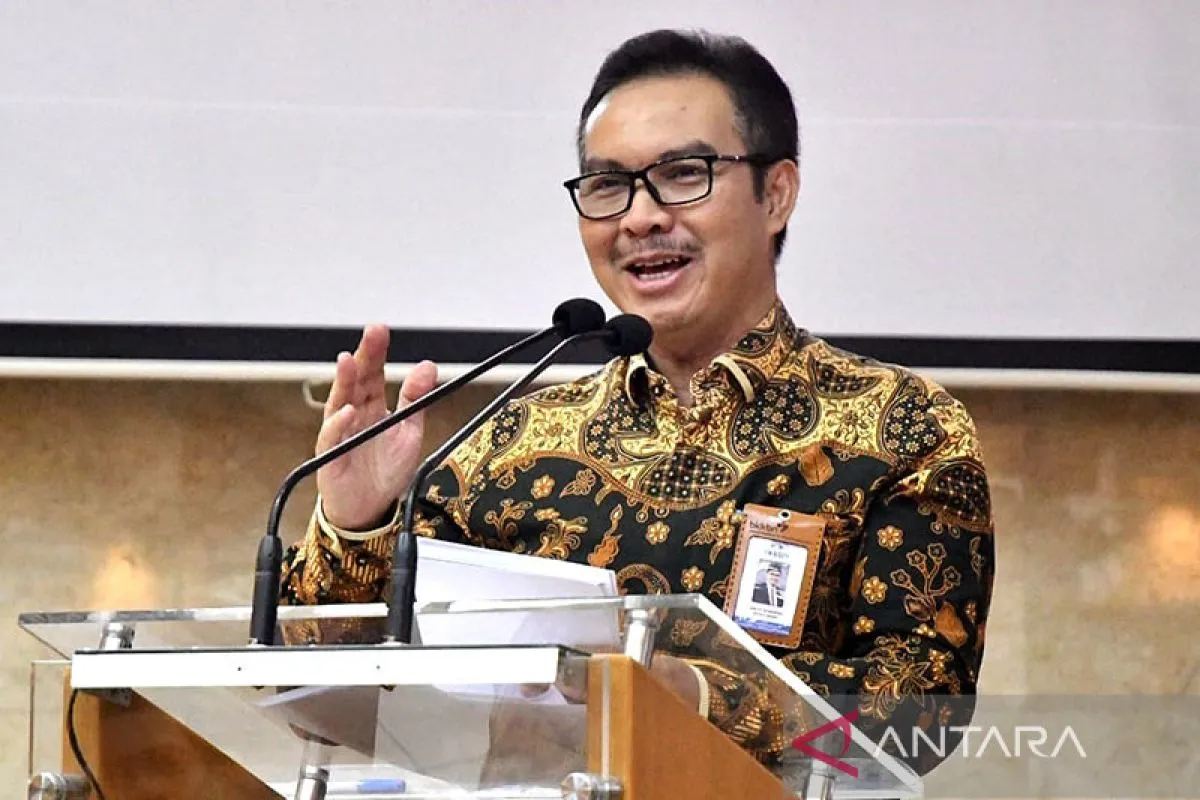Palembang, South Sumatra (ANTARA) - Strong families are Indonesia's capital for competing in many aspects on a global scale, according to Hasto Wardoyo, head of the National Population and Family Planning Board (BKKBN).
"In order to achieve the creation of healthy, smart, and productive human resources, as well as to pursue sustainable development goals, we have carried out efforts to reduce the stunting rate," he said.
During an awarding event for stunting reduction in Palembang, South Sumatra, on Tuesday, he affirmed that Indonesia has a head start because its current population is dominated by people in the productive age group (16 to 64 years).
According to him, this situation can reduce the government's workload in ensuring that people of non-productive ages --65 years and older-- have sustainable livelihoods. Therefore, economic development can be improved by tapping into the potential of optimal workforce performance.
Moreover, Indonesia achieved a 2.16 percent total fertility rate in 2022 through hard work, he said. "It's a shame that such population growth has also been riddled with an increased risk of health issues, such as babies being born with stunted growth, an issue that has not been resolved in Indonesia," Wardoyo added.
He cited data from the 2022 National Nutritional Status Survey, which put the stunting prevalence in 2021 at 24.4 percent, declining to 21.6 percent in 2022. "This figure is obviously still far below the set target of 14 percent for 2024," he said.
To achieve such a target, there needs to be a commitment from many parties because reducing stunting must be done in a holistic, integrated, and high-quality manner through coordination, synergy, and synchronization with many stakeholders, from the central to regional level, he pointed out.
To maintain healthy and balanced growth, children's nutritional status needs to be improved by providing them with adequate nutritional intake, particularly during the growth and development period. Education on nutrition for parents, as well as supporting access to clean water, are also essential, he said.
Those initiatives are among the ways to suppress the causes of stunting in children, he added. He also drew attention to the importance of providing assistance to prospective couples so they have good health prior to having children.
He said he expects that national medical access can be improved so that it can become an inclusive system that covers everyone, allowing people to live healthily, be productive, and prosper until old age.
Baca juga: Stunting jadi neraka bagi pembangunan SDM
Baca juga: BKKBN holds mass circumcision, blood donation drive to mark Harganas
"This result is from collaboration between the central and regional government, as well as partners. Let us together pursue efforts to achieve the 14 percent stunting prevalence rate by 2024," he added.


